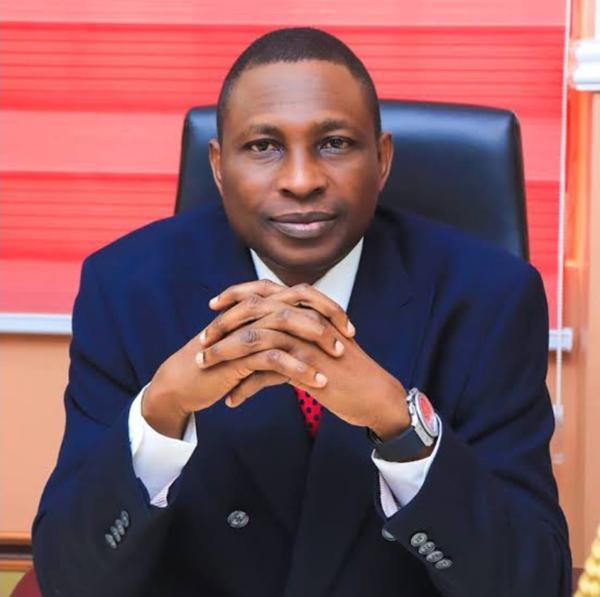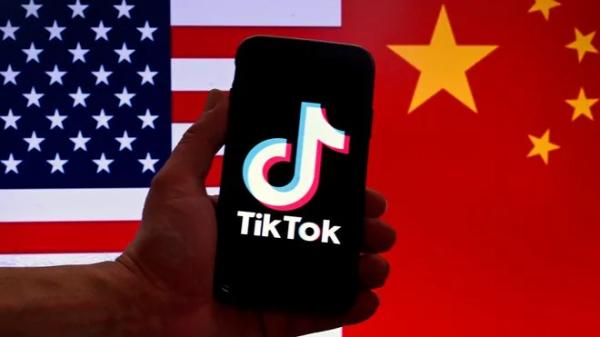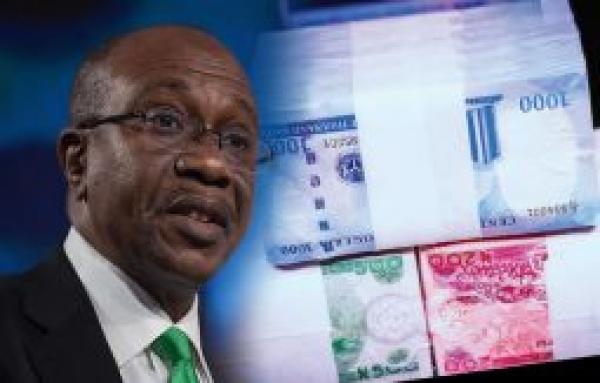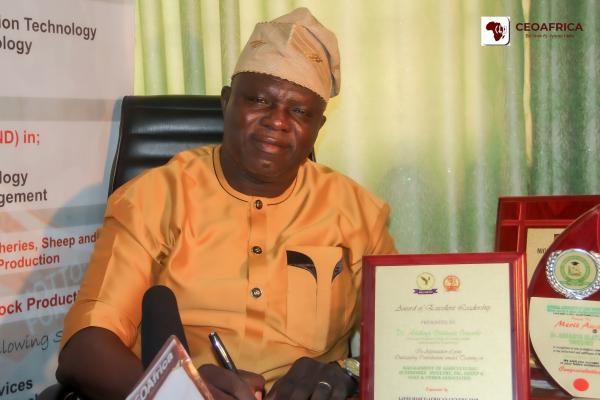
The federal government on Thursday launched the Abuja phase of the Digital Switch Over (DSO), signalling the commencement of the full roll-out of digital broadcasting across the federal capital city.
According to ceoafrica, after several years of unsuccessful move by past administrations to switch over from analogue to digital broadcasting, the administration of President Muhammadu Buhari has at last edged the country into the league of digital world.
Nigeria transited from analogue to digital television viewing on April 30, 2016 in Jos, the Plateau State capital, when it launched the pilot phase of the Federal Government’s digital transmission project that kick started the digitization process in Nigeria.
The International Telecommunications Union (ITU) had given Nigeria up to June, 2017 as deadline to switch from analogue broadcasting to digital across the country.
Speaking at the DSO launch held at Mpape hills, Abuja, the Minister of Information and Culture, Lai Mohammed, said although the DSO would not take place in one fell swoop across the country, the federal government remains resolute in its commitment to meeting the 2017 deadline for the DSO.
“Let me use this opportunity to reiterate the government’s unwavering commitment to meeting the set deadline of June 2017 for the analogue to digital switch over here in Nigeria. The DSO train that took off in Jos has now arrived in Abuja, from where it is set to move to other parts of the country unhindered.”
Mr Mohammed, who described the launch as revolutionary in the Nigerian broadcasting ecosystem, said 30 free channels would be available for Abuja residents upon the switch over while over 450,000 Set-Top Boxes (decoders) have been provided for the commencement.
“Our objective is not just to move Nigerians from analogue to digital in a simple technical sense, but to ensure a total overhaul of the whole TV watching experience and the economy around it”, Mohammed said.
The minister said that apart from the 30 free digital channels, the switch over will enable free and easy access to government and public information through a touch of the remote control.
Mr Mohammed expressed confidence that through technical, production and manufacturing opportunities that comes with the switch, tens of thousands of jobs will be created.
“As we speak, jobs are already being created as we engage engineers, technicians, retailers, distributors and marketers, among others,” he said.
Mr Mohammed said the DSO will grow the TV advertising market by $400 million per annum through audience measurement as well as create a N100 billion per annum free TV distribution network for Nollywood.
“We have watched our beloved Nollywood move from VHS tapes to VCD, to DVD and whereas the whole world has moved to digital consumption of content with its attendant benefits and democratisation of distribution, we have been constrained by limited penetration of Internet in our homes.
“With the middleware in our Stb’s/Receiving equipment, homes will be able to buy and watch the latest Nollywood movies without the need for Internet. Imagine a film released on Monday morning being immediately available to 24 million plus households at the touch of a button.”
Digitization is the process of converting analogue signals or information from any format into digital forms that can be understood by computer systems or electronic devices.
The term is used when converting information like text, images or voices and sounds into binary codes. Digitized information is easier to store, access and transmit and digitization is used by a number of consumer electronic devices.
The switchover to Digital Terrestrial Television, DTT, was a necessity for Nigeria as a signatory to the International Broadcast Union Agreement tagged: “Geneva 2006” which mandated all countries to switchover to avoid signal interference from other countries.






















